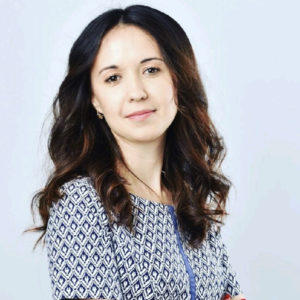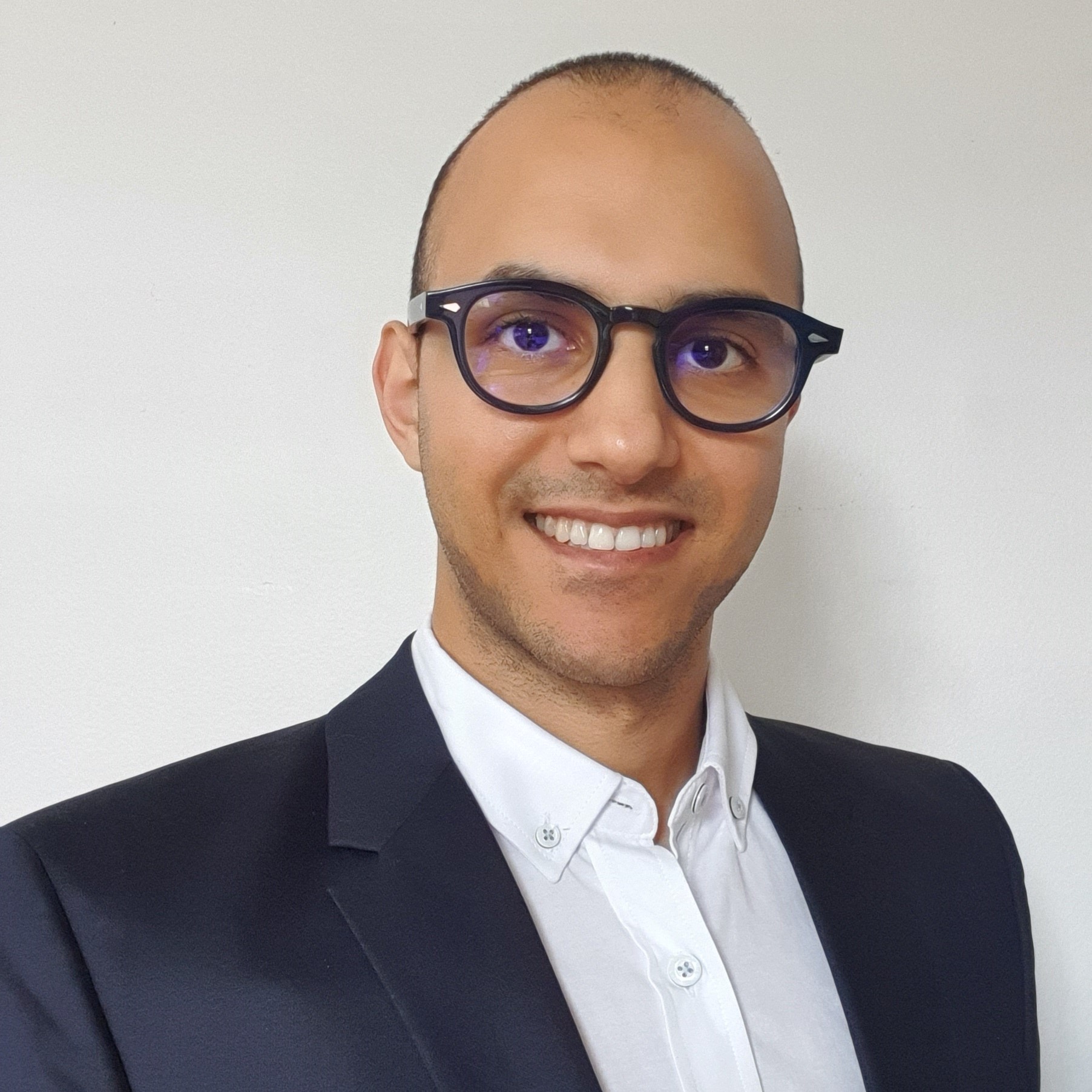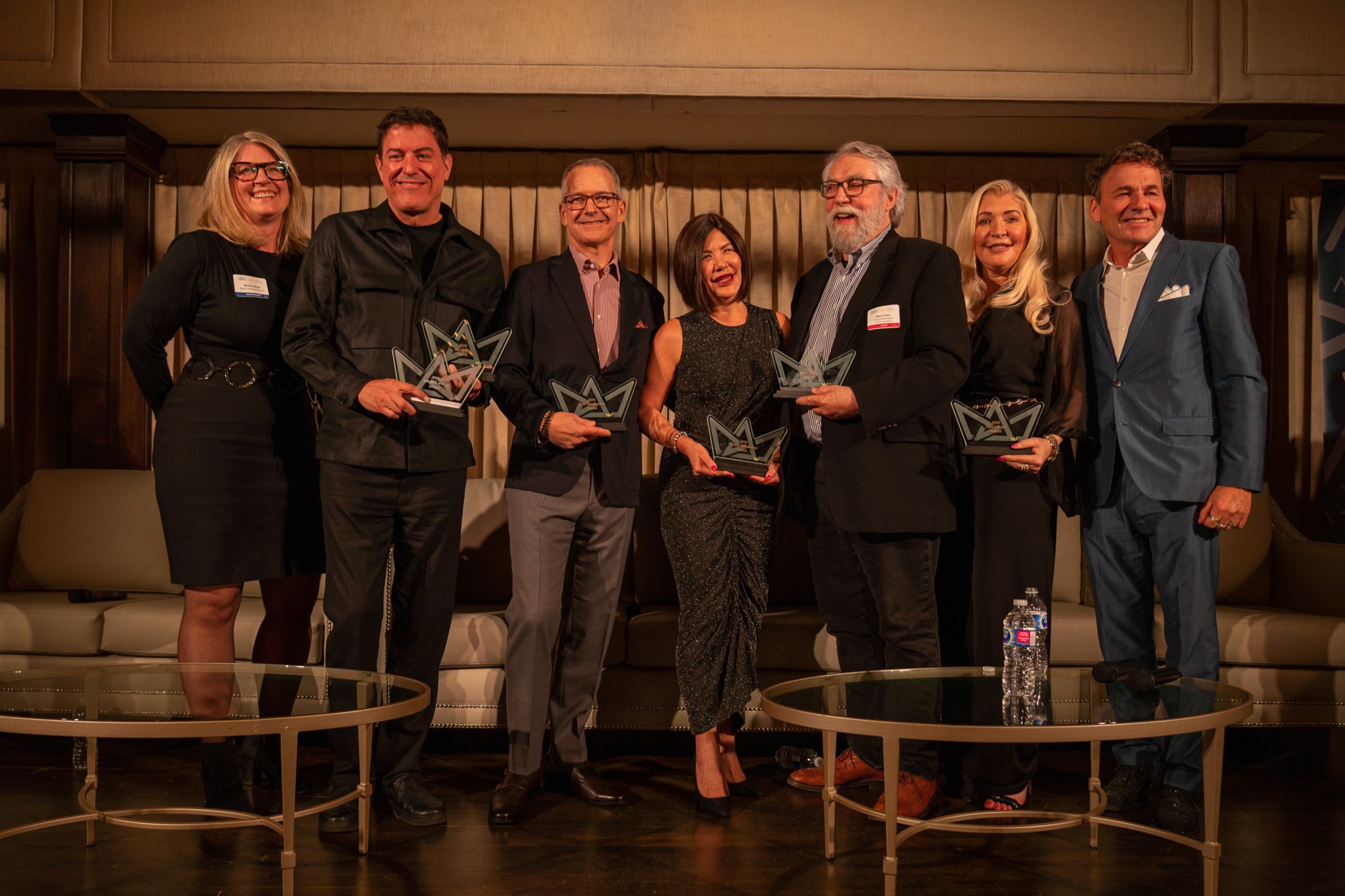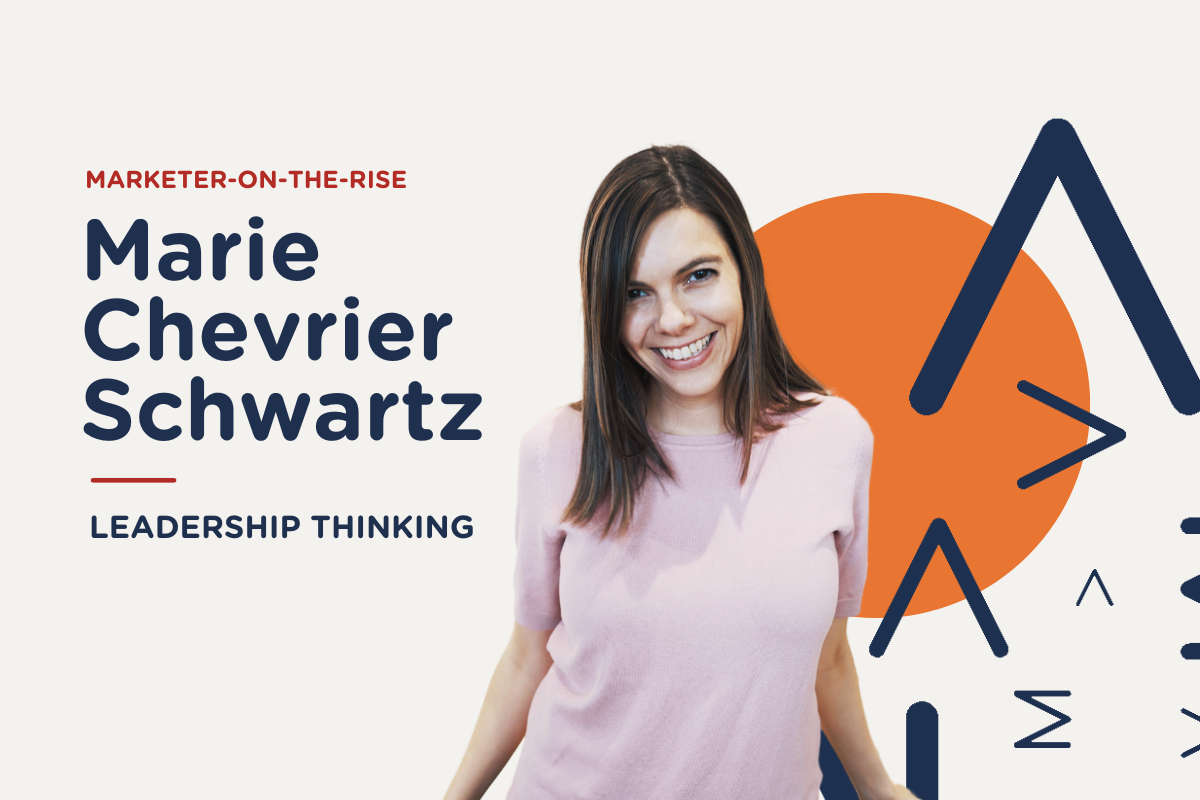AMA Toronto’s mentorship programming is helping many newcomers launch their marketing careers. We’re sharing a conversation with Tarik El Assal, an experienced marketing professional from Morocco who completed the Mentor Exchange program last year. His integration into the Canadian job market amid the pandemic was full of ups and downs, but his mentor’s support helped him move on to a successful career.
Tell us about your newcomer experience. What difficulties did you face arriving in Toronto almost two years ago?
Tarik: “It was not the warmest welcome as I landed in the country two days before the first lockdown. But at the time, I had a settlement plan that helped me complete all the necessary paperwork within a few days.
To progress in my settlement, I also reached out to various employment and settlement agencies to get guidance from locals and start rebuilding my network. Although I did my best to prepare for a new life, I couldn’t plan for various unknowns linked to the pandemic. I was disoriented and realized that my settlement plan wasn’t realistic and needed to be changed and extended.”
Why did you decide to join AMA Toronto and its Mentor Exchange program?
“Joining the AMA Toronto was in the three-month plan that I created while in Morocco. After checking off the settlement basics, I decided to focus on my job search and thought that the Mentor Exchange program could help me with building my professional network.
As a newcomer, I did not know anybody and struggled with my resume, LinkedIn profile, and job interviews. I even didn’t know how to adjust the job title I had in my home country to apply for relevant positions.
Like many newcomers, I faced the sad reality of the so-called “Canadian experience” and understood that local companies often do not recognize foreign credentials and international expertise. Though I held a mid-level position in Morocco, I was applying for junior roles to get my foot in the door.
I believed that AMA Toronto and the Mentor Exchange program could aid me in getting over these obstacles by providing a supportive professional environment.”
How did the Mentor Exchange program help you adjust your experience to the job market? Could you elaborate a bit on it?
“For me, the Mentor Exchange Program was definitely not about having somebody who could find me a job. I saw it as a solution to speed up my understanding of Canadian culture and some local workplace aspects like small talk and passive-aggressive communication.
In Morocco, we usually express our feelings and emotions openly, but it’s not really the case in Canada. Often, you really need to read between the lines to understand the real message a person is trying to say. It is challenging and tricky for newcomers to adapt to this communication style, which takes a lot of time and effort to get used to it.
But I got lucky when I was matched with Alan Middelton, a fantastic mentor – a wise, experienced, and seasoned senior executive who shared with me practical tips about the work culture and industry insights that would take me years to figure out. He also had professional experience overseas which made him relate to my situation from a cultural perspective. Moreover, he helped me significantly build confidence for job interviews and learn clever ways to approach tricky questions. Those minor tweaks made a big difference in my professional integration and saved me a lot of time.
Aside from that, with my mentor’s help, I improved my communication skills by softening and nuancing my words depending on the context. It’s crucial to learn how to convey your message effectively without unintentionally offending others.
How did you deal with those difficult times? Did you get any support from the mentor?
At the time, I had a “survival job” at a bank, which was truly challenging for me because the role was completely unrelated to marketing and its tasks were administrative, repetitive and intellectually not stimulating. So, I was constantly questioning whether it was worth my time and even my whole immigration decision.
During that period, my mentor was incredibly supportive and understood the transition phase I was going through. His moral support was the most valuable, especially when I hit the bottom and quit that job to save my mental health. Knowing that there’s someone out there who believed in me when I lost hope fueled me to push through the struggle.
In the beginning, our mentor-mentee relationship was formal, but gradually it got more casual and turned into a warm friendlier one. Although we had an agenda for every scheduled meeting, we often discussed subjects off the plan like books, the latest news, travel, culture, etc.
One of the most memorable and impactful conversations we had was about the international cultural contrasts between Canada and Morocco. It helped me understand how both countries relate differently to cultural dimensions like individualism, power distance, uncertainty avoidance and indulgence. I remember that after that meeting and the additional resources he shared on the topic, I reflected on the past few months of my settlement in Canada and got many “aha moments.” That discussion helped set the context of the environment I was in and understand a little bit more why people behave and communicate the way they do.
Near the “end of our official” collaboration, my mentor was generous enough to introduce me to some of his former mentees who were in my shoes a couple of years ago. They opened my eyes to the startup space that I didn’t consider in my search and provided me with practical advice when I was interviewing and negotiating for my current role.
What recommendations would you give to other newcomers? Why do you think they might need a mentor?
“When you come to a new country as an immigrant, you’re like a blindfolded person in a dark room. A mentor is your GPS, your navigator to finding a way out.
I would like to point out that a mentor won’t necessarily find quick solutions to your problems nor find you a job. Instead, a mentor will nudge you intellectually and make you either ask or answer the questions to orient your effort in the right direction until you figure it out yourself. This will set you on a fast lane to resume your career in Canada and settle faster in your personal life.
Presently, Tarik is a bilingual retail analyst at IRI, a leading provider of big data, predictive analytics and forward-looking insights that help CPG, retail and media grow. A graduate of the AMA Toronto’s Mentor Exchange, he currently volunteers with the chapter and serves as its membership group buy manager.
 Elvina Bulatova is an internationally-trained marketing and communications professional who often writes about the challenges new Canadians encounter. As AMA Toronto’s PR Manager, she helps newcomers learn more about the association’s mentorship opportunities by managing media relations and creating on-topic content. Elvina has over nine years of experience, including managing global campaigns in the sustainability industry.
Elvina Bulatova is an internationally-trained marketing and communications professional who often writes about the challenges new Canadians encounter. As AMA Toronto’s PR Manager, she helps newcomers learn more about the association’s mentorship opportunities by managing media relations and creating on-topic content. Elvina has over nine years of experience, including managing global campaigns in the sustainability industry.




